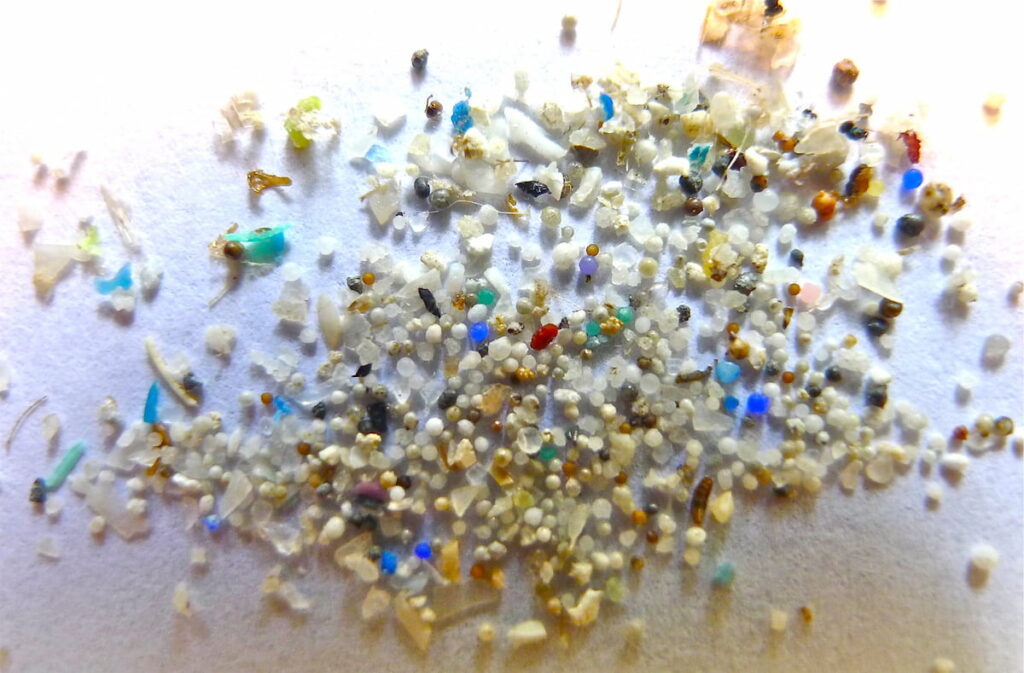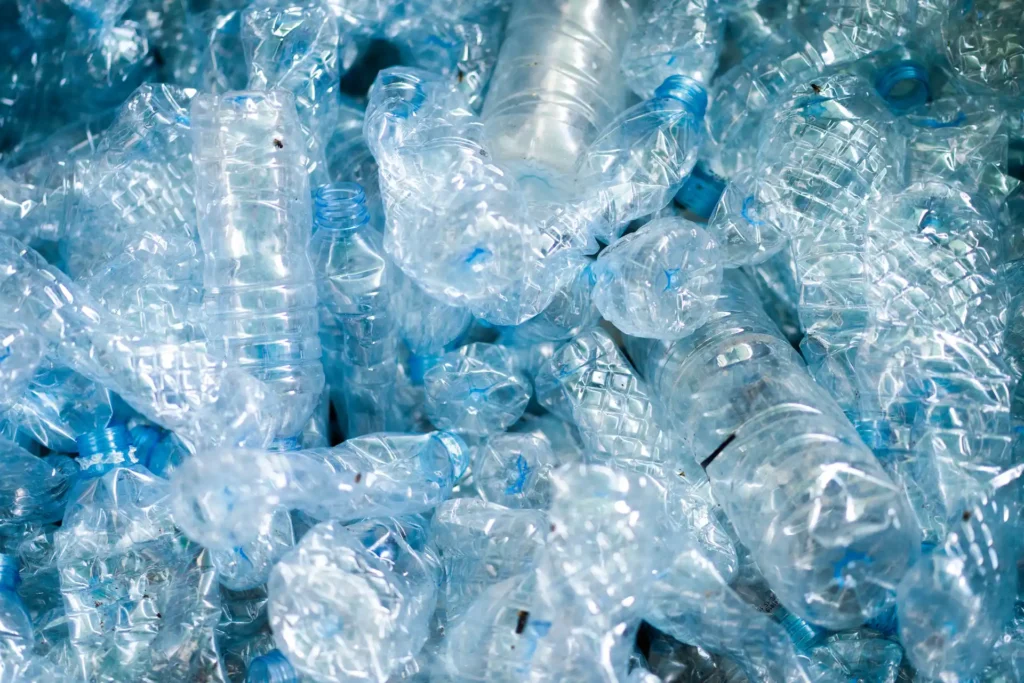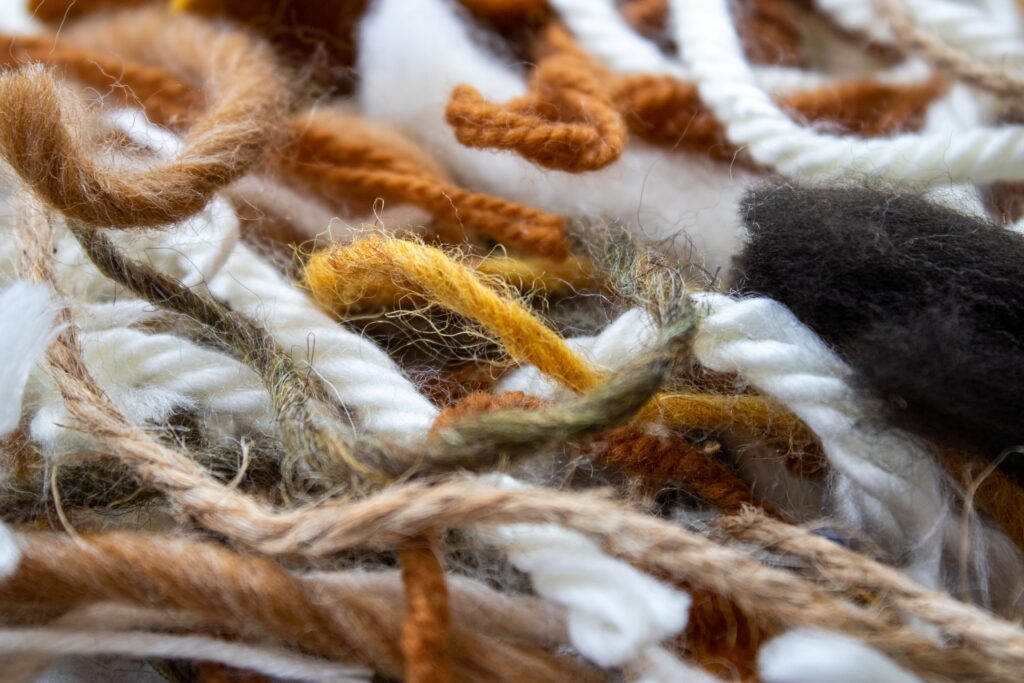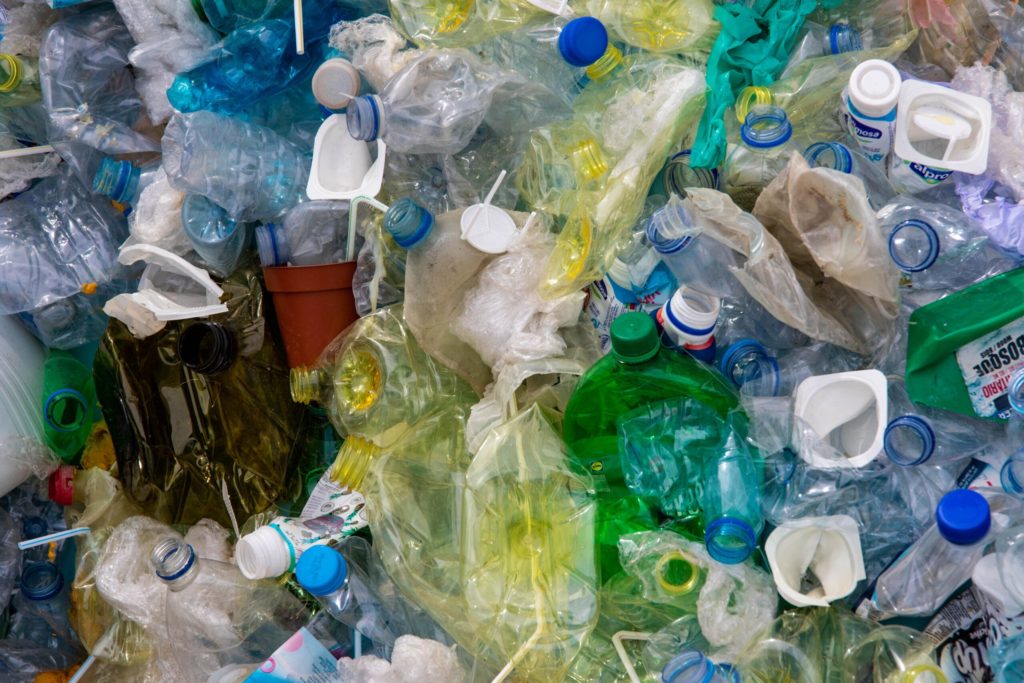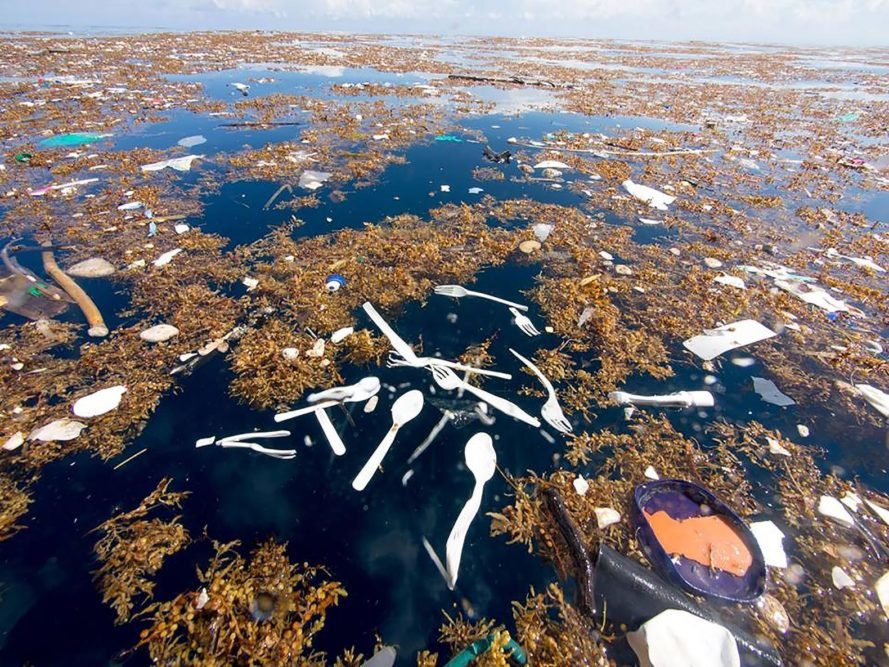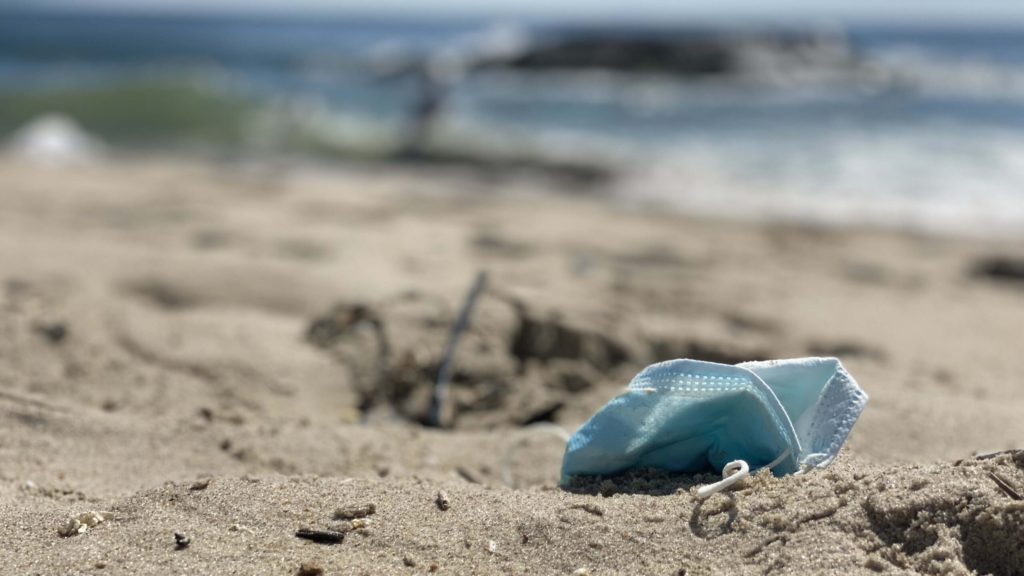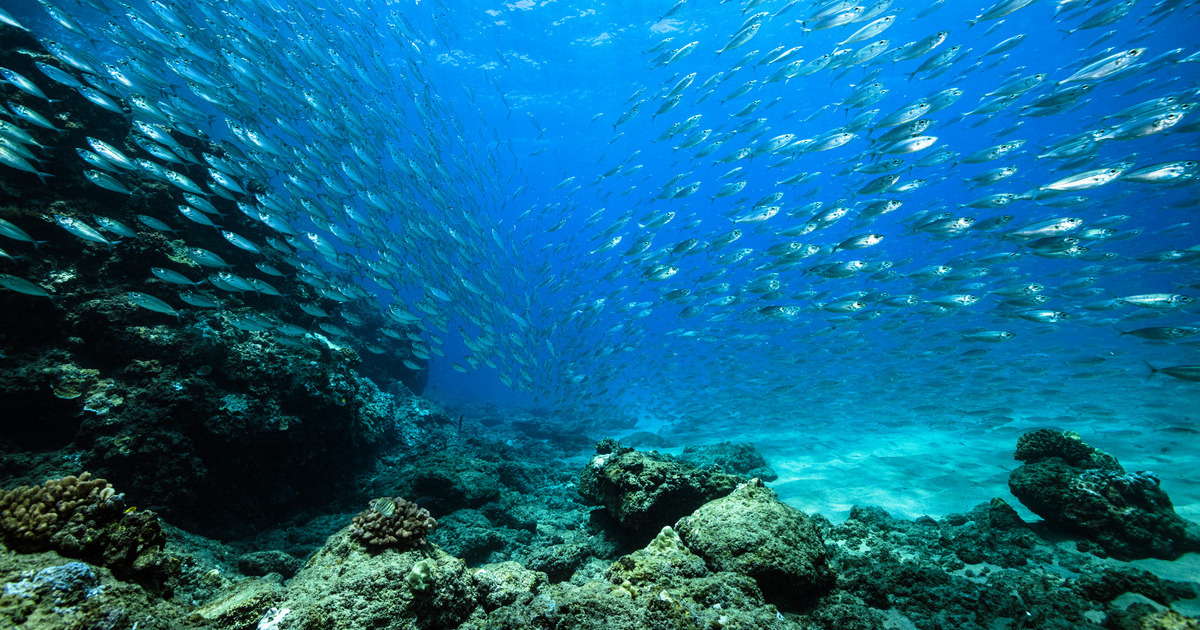
Media Fact Sheets
We are committed to evidence-based solutions to ocean threats.
Below you’ll find fact sheets on a range of issues across Ocean Conservancy’s conservation work, curated by our experts and sortable by topic. Please direct any feedback or questions to media contacts page.
Microplastics Facts & Figures
Plastics and Climate Change
Ghost Gear at a Glance
Microfibers Fact Sheet
Here you can find facts and figures on the impact of microfiber pollution: the most prominent form of microplastics in the environment and ingested by animals.
DownloadThe U.S. Plastic Pact’s List of Problematic Plastics
In 2021, the U.S. Plastics Pact released a list of problematic plastics and plastics additives to eliminate from packaging, including PVC, polystyrene (foam) and more. See the list and under…
DownloadDefining What is Plastics Recycling and What is Not
We need plastics recycling to work if we want to fix the ocean plastics crisis. Don’t be fooled by fancy words like pyrolysis, gasification or chemical recycling. Learn the differences here.
DownloadFoodware and Ocean Plastic Pollution
Ocean Conservancy data show that most of the plastics polluting our beaches and waterways are food and beverage packaging. And plastics show up in our food chain more than you probably think…
DownloadPersonal Protective Equipment (PPE) and Ocean Plastic Pollution
The COVID-19 pandemic led to a huge uptick in plastic pollution. Here’s everything we know—including topline data from Ocean Conservancy’s International Coastal Cleanup—on personal protectiv…
DownloadPlastics and Climate Change
99% of plastics are made from fossil fuels, and plastics are expected to make up to 20% of global oil demand by 2050. Learn more about the connection between plastics and climate change.
DownloadGhost Gear at a Glance
Abandoned, lost and otherwise discarded fishing gear is the deadliest form of plastic pollution to ocean animals. Learn more about this often misunderstood and underreported issue.
DownloadMicroplastics Facts & Figures
Microplastics are tiny pieces of plastic between 100nm and 5mm in size. Learn about the types, prevalence, and impact of microplastics on both human health and the environment.
DownloadThe United States’ Contribution to Ocean Plastic Pollution
This fact sheet includes takeaways from a landmark 2020 paper co-authored by Ocean Conservancy scientists. It was published in peer-reviewed journal Science Advances and shows that the Unite…
Download